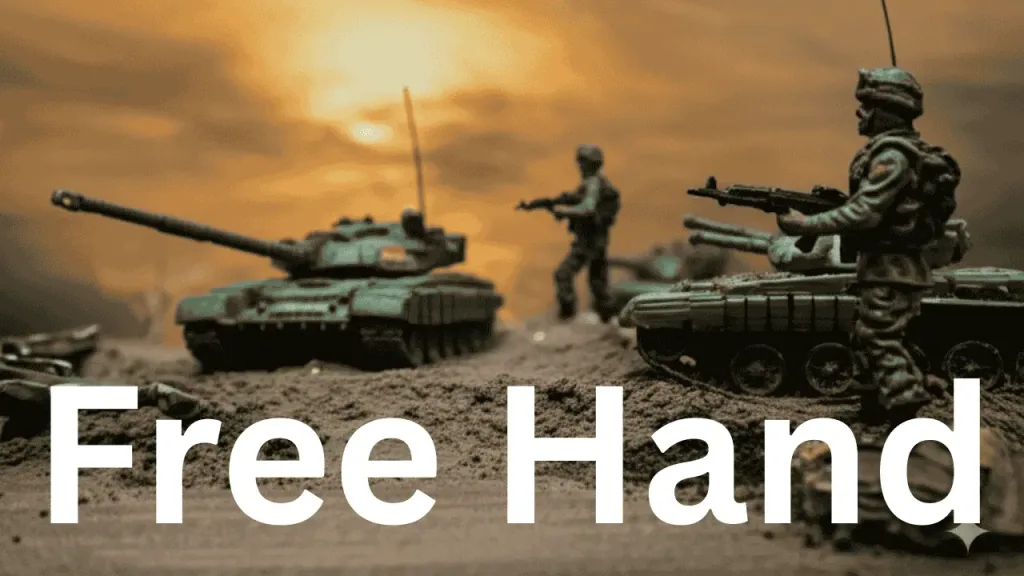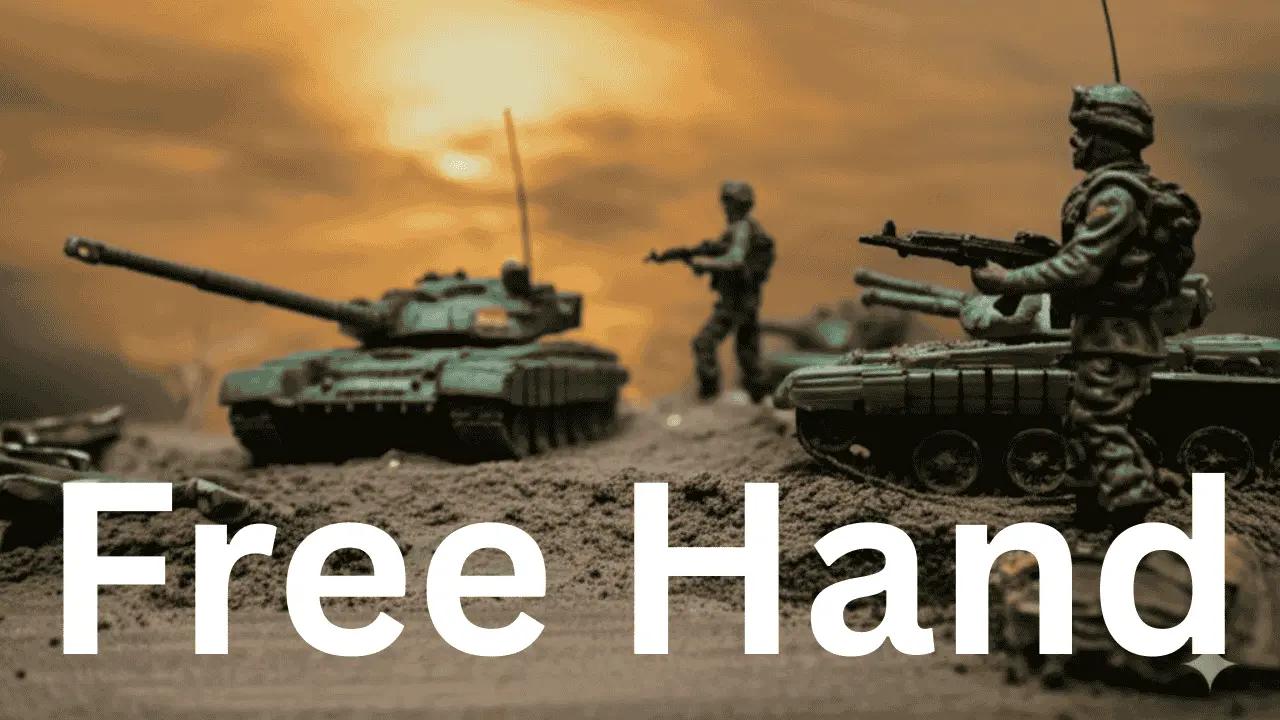In a high-stakes meeting earlier today, Prime Minister Narendra Modi convened with top military and defense officials to discuss India’s strategic response to the recent terrorist attack in Pahalgam. The Prime Minister’s instructions were clear: the Indian Armed Forces have been given full autonomy to determine the method, target, and timing of their response. This marks a significant escalation in India’s military posture, as tensions with Pakistan continue to rise.
The meeting, held behind closed doors, saw the participation of key figures, including Chief of Defence Staff (CDS) General Anil Chauhan, Defence Minister Rajnath Singh, and National Security Advisor (NSA) Ajit Doval. Sources close to the discussions reveal that the government has given the military a “free hand” to plan operations targeting terrorist activities in the region, with a focus on the broader threat posed by Pakistan-based militant groups.
A Bold Move to Counter Terrorism
The Prime Minister’s message was unequivocal: India’s national resolve to combat terrorism remains firm. Speaking to the military chiefs, Modi emphasized that the armed forces should decide the specifics of the retaliation. “You have full freedom to choose your methods,” the Prime Minister reportedly stated, underscoring the gravity of India’s commitment to secure its borders and protect its citizens.
This statement signals a shift in India’s strategic approach. In previous confrontations, such as the 2016 Uri attack and the 2019 Pulwama bombing, India responded with targeted military strikes, but this latest move appears to signal the potential for a broader and more comprehensive military operation.
The Prime Minister’s meeting, which lasted approximately 90 minutes, was held alongside other key defense consultations, including talks with Amit Shah, the Minister of Home Affairs, regarding the coordination of forces such as the Border Security Force (BSF) and the Central Reserve Police Force (CRPF). These agencies are also preparing for heightened security measures along India’s borders and within Jammu and Kashmir, where the situation remains volatile.
Diplomatic Moves and Tourist Evacuations
In tandem with the military discussions, India has ramped up its diplomatic efforts to isolate Pakistan on the global stage. Indian authorities have shown diplomatic representatives from around the world evidence of Pakistani involvement in the recent terrorist activities in Pahalgam. This strategic move is designed to reinforce India’s stance on the issue of cross-border terrorism and to garner international support for any future military actions.
At home, the government has taken precautionary steps to ensure the safety of civilians. Authorities have ordered the evacuation of tourists from 48 key tourist destinations in Jammu and Kashmir, including Dal Lake, Pahalgam, and Gulmarg. These areas have been temporarily closed in anticipation of possible military operations in the region.
The Military’s Preparedness and the Domestic Consensus
The Indian military, bolstered by recent strategic meetings and directives from the highest levels of government, is preparing for what could be a significant escalation along the India-Pakistan border. Analysts suggest that India could employ a combination of targeted strikes on militant sites and large-scale artillery bombardments along the border regions, particularly in Kashmir.
While many experts speculate about the potential for a “surgical strike” of even greater scale, the question remains whether India will extend its operations into Pakistan-occupied Kashmir (POK) or limit its response to tactical military engagements. The possibility of such a move remains an open question, though no official signs have emerged suggesting an imminent shift in territorial control.
Adding complexity to the situation is the global diplomatic landscape. Despite Pakistan’s historical support for terrorism, India’s global allies—including the United States, Israel, and several European nations—have largely refrained from advising restraint. In fact, they have tacitly supported India’s right to self-defense, as evidenced by the lack of international opposition to India’s actions. This international backing could be pivotal should India decide to escalate its military response further.
The IMF, Funding, and Geopolitical Ramifications
Meanwhile, India’s diplomatic strategy also targets Pakistan’s financial lifeline. Pakistan has been dependent on international financial institutions, such as the International Monetary Fund (IMF), for crucial loans to stabilize its economy. With tensions rising, India has subtly leveraged its position to influence the IMF’s stance on future loans to Pakistan. Indian officials are reportedly pressing for a halt to these funds, arguing that Pakistan’s use of foreign aid for terror financing is unacceptable.
This effort is compounded by mounting concerns over Pakistan’s military readiness. According to some security experts, the risk of an all-out conflict is growing, particularly if Pakistan perceives India’s actions as a prelude to an invasion. The potential for shelling in contested border regions, especially in Kashmir, is high, and India’s military forces are reportedly prepared for such contingencies.

A Nuclear Flashpoint?
The looming question is whether the current crisis could escalate into a full-blown military conflict, and if so, what the implications would be for nuclear-capable India and Pakistan. While both nations have long maintained a “No First Use” policy on nuclear weapons, the specter of a nuclear exchange remains a haunting possibility in such a high-stakes standoff.
In the event of a nuclear escalation, security experts warn that both nations would suffer catastrophic losses, making it unlikely that either side would initiate the use of nuclear weapons. However, India’s strategic posture suggests a readiness to respond decisively if Pakistan crosses certain thresholds, including the use of nuclear weapons.
India’s Resolve: National Unity and Future Strategies
Despite the uncertainty surrounding the situation, one thing is clear: India is united in its resolve. The opposition parties, including senior leaders like Jairam Ramesh, have expressed support for the government’s stance on confronting terrorism and safeguarding national security. The upcoming Cabinet meetings will likely further solidify this consensus, ensuring that any military action receives broad political backing.
For now, the world watches as India prepares for a potential military escalation with Pakistan. Whether this confrontation remains limited to strategic military actions or expands into a larger conflict is still unknown. However, what is certain is that the Indian government is taking decisive steps—both militarily and diplomatically—to ensure the country’s security in a region fraught with tension.
In the coming days, all eyes will be on the borders, as India navigates a complex and volatile situation, balancing military readiness with the weight of global diplomacy.
